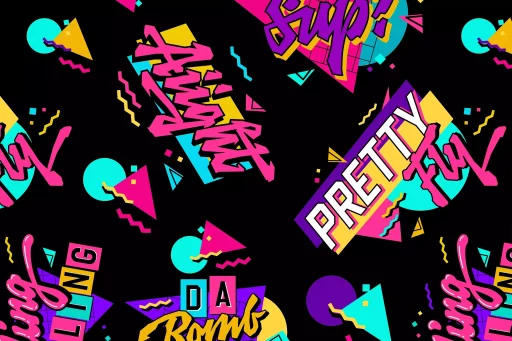Introduction
The term ‘brat’ holds a varied meaning in contemporary slang, transcending its traditional connotation of a spoiled child. In modern usage, it encapsulates a range of attitudes and behaviors, particularly among younger demographics. This article aims to unpack the definition of ‘brat’ in slang, explore its applications, and discuss its cultural significance.
The Definition of ‘Brat’
Traditionally, the word ‘brat’ refers to a child or young person, especially one that is perceived as disruptive or spoiled. However, in contemporary slang, it has evolved to reflect a more nuanced usage:
- A rebellious youth: Often used to describe someone who challenges authority or acts without regard for established norms.
- A trendsetter: In fashion and culture, a ‘brat’ may be seen as someone who is confidently unconventional, often pioneering trends or attitudes.
- An affectionate term: Among friends, calling someone a ‘brat’ can be a playful or endearing label rather than a negative one.
Contextual Usage of the Term
The context in which ‘brat’ is used can significantly alter its meaning. Here are some scenarios where the term frequently arises:
- Social Media: Influencers who defy norms might refer to themselves as ‘brats’ to emphasize their individuality.
- Youth Culture: Within peer groups, calling someone a ‘brat’ can imply that they are the one who pushes limits or enjoys bending the rules.
- Pop Culture: Characters in movies or TV shows that embody rebelliousness or comedic unpredictability are often labeled as ‘brats’ (e.g., characters in films like “Ferris Bueller’s Day Off”).
Case Studies: ‘Brat’ in Popular Culture
To better understand how ‘brat’ has permeated various cultural arenas, let’s look at some specific case studies:
- Bratz Dolls: Launched in the early 2000s, these fashion dolls were marketed towards young girls and embraced the concept of rebelliousness, individuality, and trendsetting. The branding captured the essence of what it means to be a ‘brat’ in terms of confidence and nonconformity.
- Reality Television: Shows like “Keeping Up with the Kardashians” often showcase members of the family exhibiting ‘bratty’ behavior, challenging traditional notions of entitlement versus independence.
- Social Media Influencers: Many influencers leverage the term ‘brat’ to promote a lifestyle that revolves around freedom of expression and empowerment, appealing to their audience’s desire for authenticity.
Statistical Insights
To gauge how significant the term ‘brat’ is within popular lexicon, one can analyze trends from various sources. According to a recent survey conducted among Gen Z and Millennials:
- Approximately 65% reported identifying with the term ‘brat’ in some form, often seeing it as a badge of honor.
- Among social media users, the hashtag #BratCulture has accumulated over 500 million views on TikTok, indicating widespread engagement and conversation around the subject.
- In a linguistic analysis of slang usage over the past five years, the word ‘brat’ has surged in popularity, particularly in contexts related to youth empowerment and individuality.
Implications of the Slang ‘Brat’
The evolution of the term ‘brat’ raises questions about societal values, especially regarding youth independence and self-expression. Here are a few implications:
- Cultural Reflection: The acceptance of ‘brat’ as a term of endearment reflects changing dynamics in how society perceives rebelliousness.
- Generation Gap: Older generations might perceive the term as negative, while younger individuals embrace its playful nuances.
- Empowerment vs. Entitlement: While many celebrate the term as a symbol of empowerment, it can also provoke discussions about the fine line between empowerment and perceived entitlement.
Conclusion
The term ‘brat’ in slang has transformed across generations and cultural contexts. While it can denote spoiled behavior, it has also grown to represent individuality, empowerment, and rebellion against social norms. As our culture continues to evolve, so too will the meaning and implications of the word ‘brat.’


